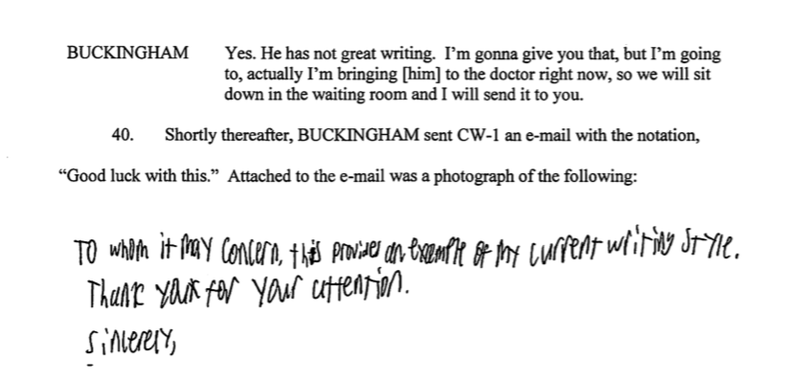Agreed.
I'm a very good test taker, but I know very smart people who aren't. The valedictorian and salutatorian of my high school class both scored in the 1200s on the SATs. I know someone who was in the top 10 of his public high school class who didn't get into his top private high school because he didn't do well enough on the entrance exam. My cousin, who was #3 in her small class of about 30 or so, also didn't do so hot on the SATs.
All of these people went on to grad school and are now very successful in their careers. Actually, all of them are in healthcare in some way.
I was also a really good test-taker. I'm semi-convinced that having annual IOWA tests in grade/middle school was just a lesson in how to fill in bubbles. Got a 29 on the ACT with no prep; retook it for a 31. Took the SATs for shits and giggles - got a 1390, also no prep. Granted, I knew I was set for state school (Kent State University specifically, so I could have my own house).
Did that mean I killed college? Nope, not at first. Was sub-3.0 for my first year and a half (eventually got that to 3.4; then 3.6 in post-undergrad; 4.0 in grad, though!), and I really heated college at first. What actually made me good in college was being in college. I always tell my students that the hardest part is simply acclimating to an environment where you have responsibility - to make your way to class, to manage your time, to pace your assignments and studying, etc. Granted, I didn't party or go out much, but I also skipped classes regularly and stayed home to watch TV or play video games. My post-undergrad is when I really engaged with the environment and started building a CV. My learning curve was long and winding.
By contrast, my younger cousin who is set to be valedictorian or damn close, with tons of extracurriculars and a 35 ACT, has been rejected by Stanford. Granted, he was wait-listed by UM and accepted on early admission to Ohio State. But, and this gets to the cost of high expectations, his mom has him convinced that Ohio State isn't good enough. If she had the power to do what Loughlin did she would in a heartbeat, complaining all the while about all those "undeserving" kids.
Which really gets to the point where we need to reevaluate this idea that there are only 20-30 good schools. You can get a fine education, with connections and internships and extracurriculars and more, nearly anywhere. So fucking what if your kid couldn't get into Yale?
I mean interviews for Grad School should be standard. Most of the time the programs aren't accepting so many applicants that they can't pick a strong subset out to do a skype call with. Professional schools are trickier since they do tend to accept larger classes, but the dirty secret with professional schools is that the GMAT, LSAT and, MCAT (to a lesser extent) actually do a pretty good job predicting success in the program. Wether that translates to success in the workplace is, well, debatable, but it should be predictive. There are a whole host of p. schools though that use the GRE as a proxy because they are too small to develop their own test and that should be a big no-no.
Admittedly, my fields (social sciences and humanities) rely a lot on GREs. I got lucky on those, again I'm a good test-taker, with a 90% verbal and a perfect 6.0 on writing (my fields eschew the math section, which I was 50% on).
What honks me off is that my scores are now over 5-years-old, so any potential doctoral program might want me to retake that.


